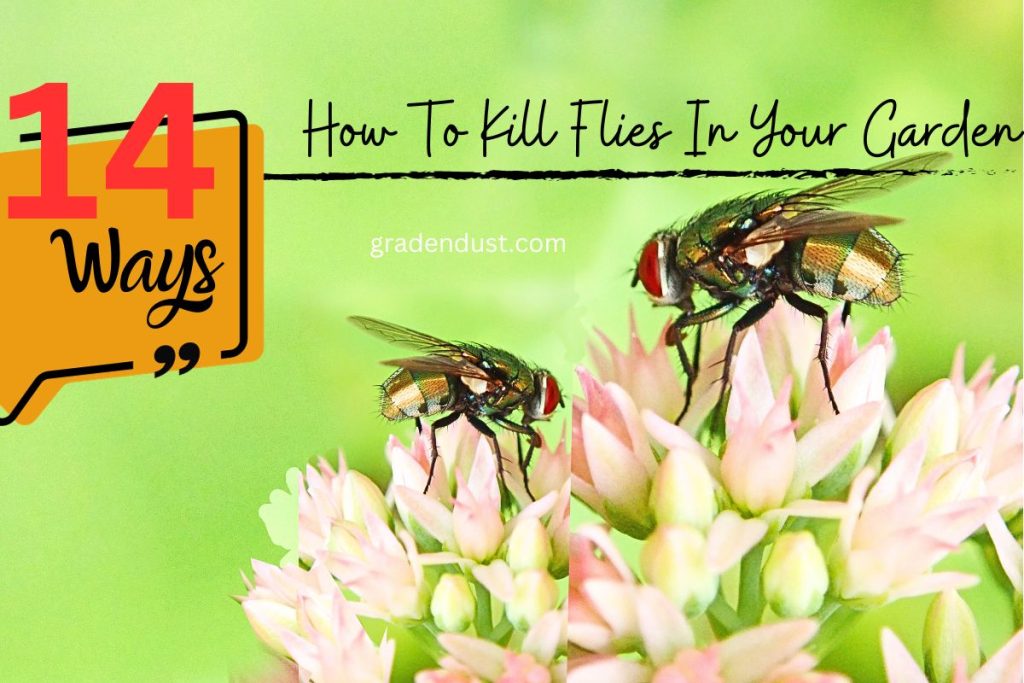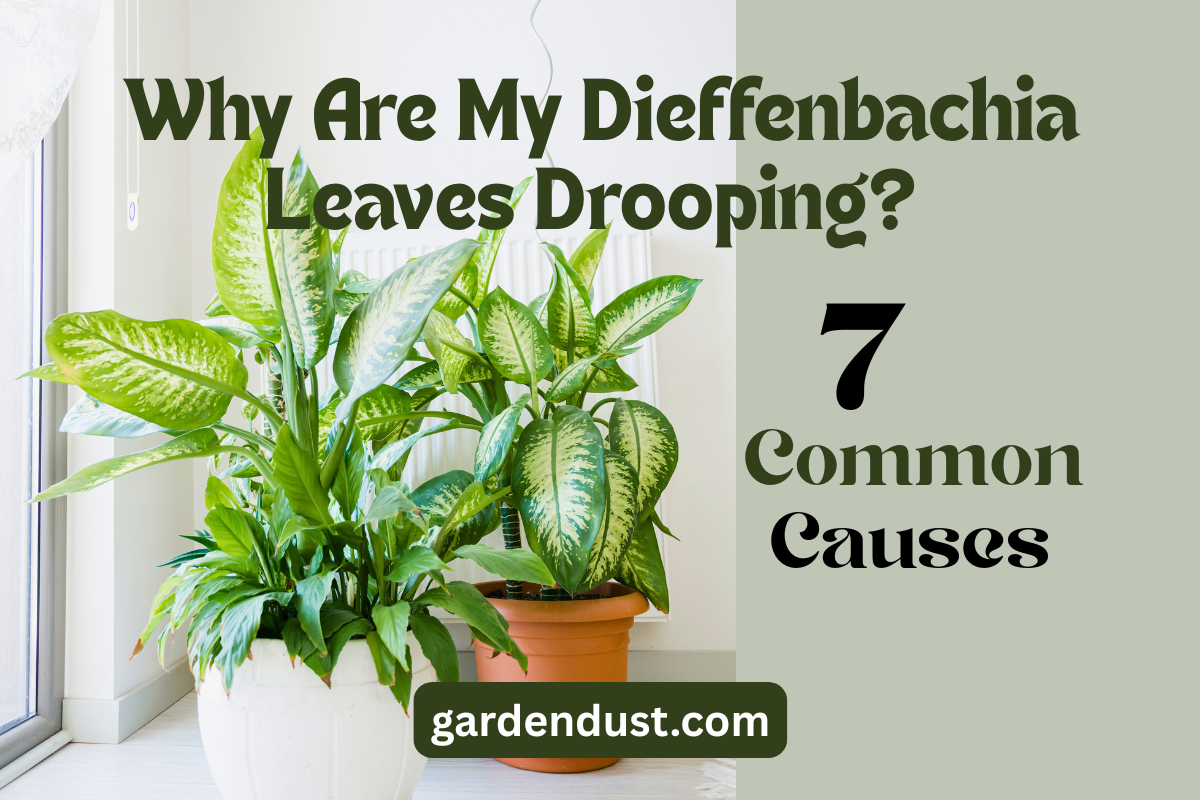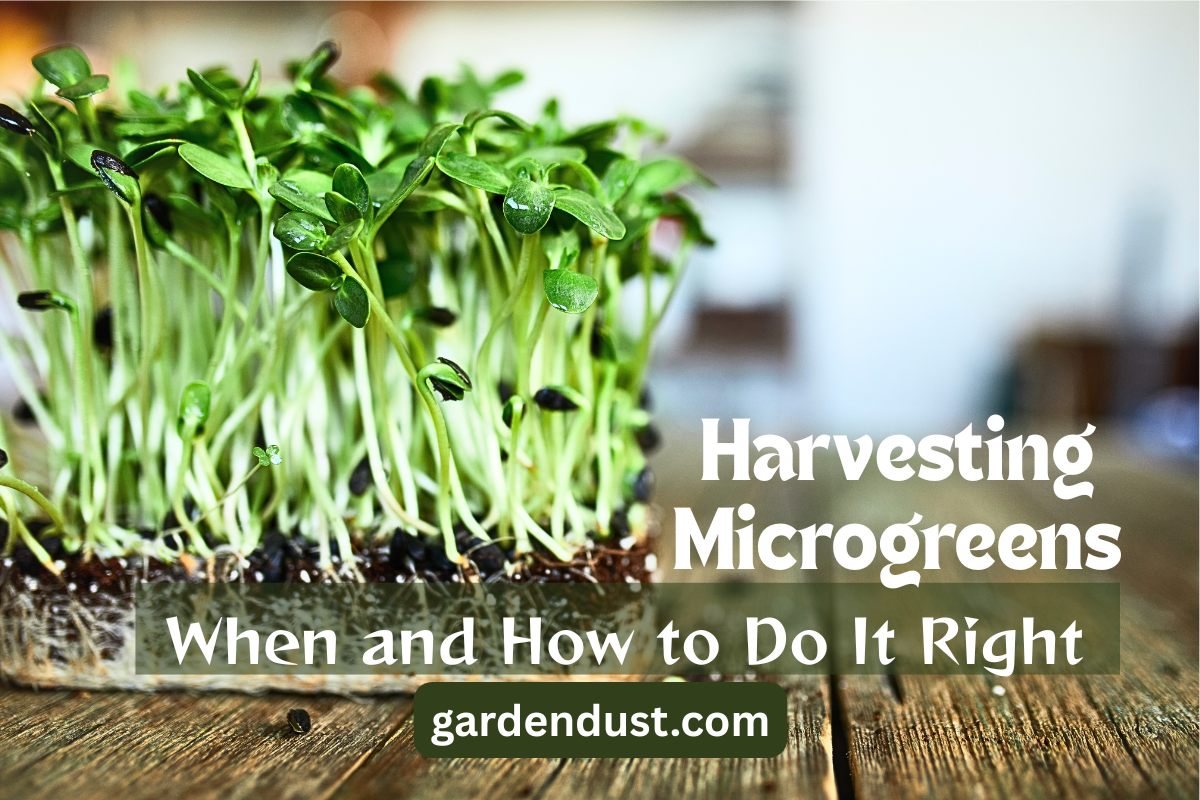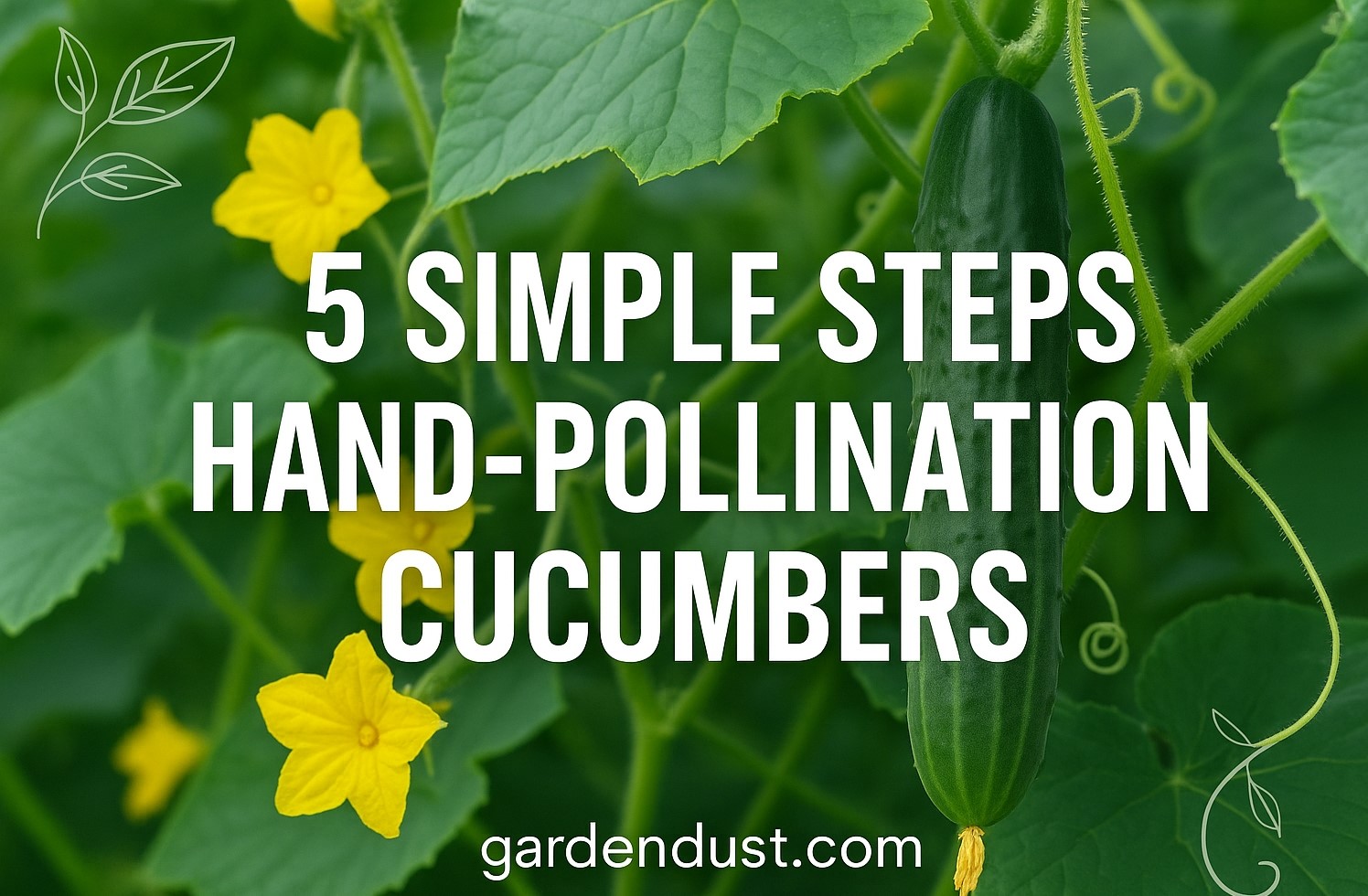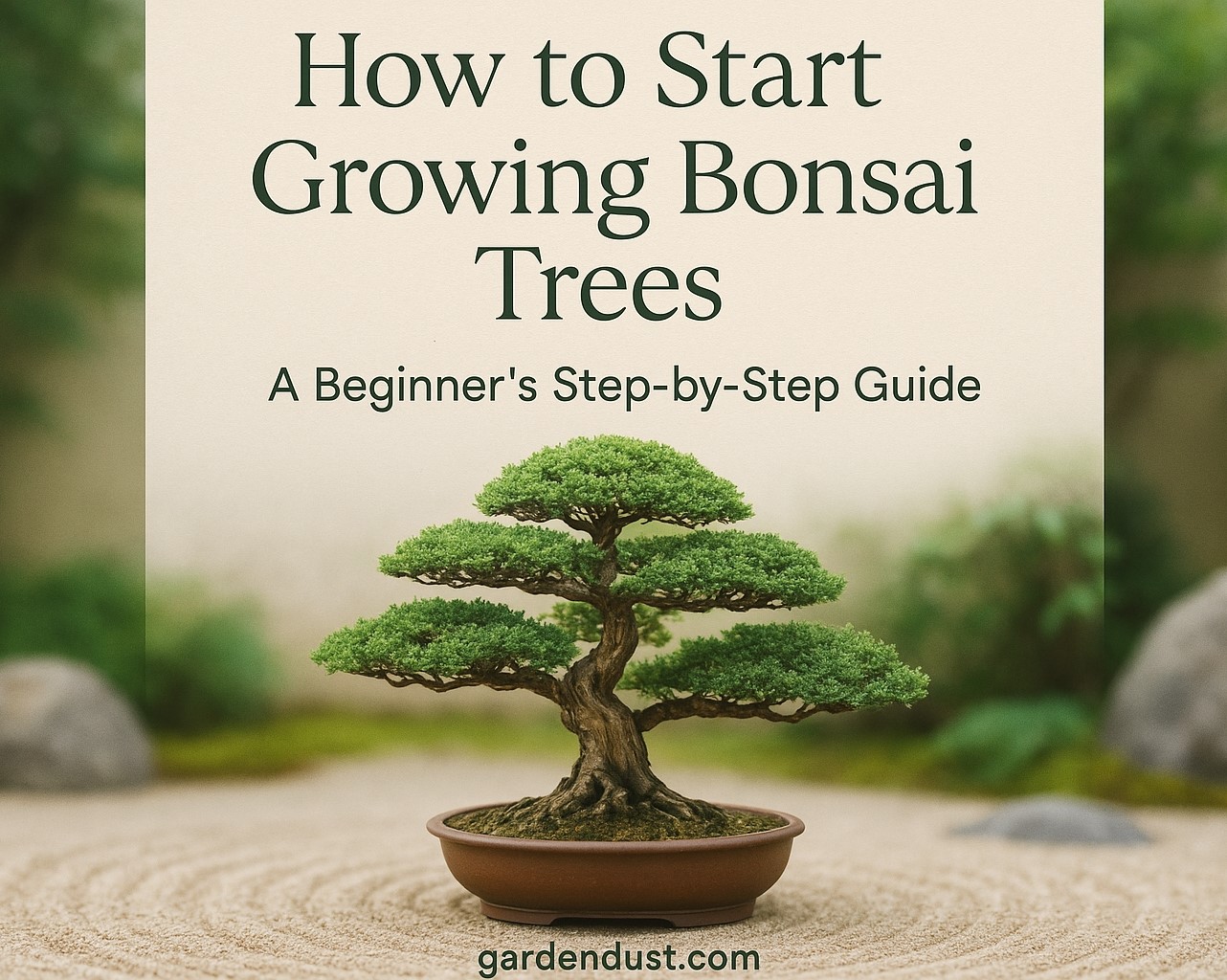A beautiful garden is a sanctuary for relaxation and enjoyment, but pesky flies can quickly turn it into a nuisance. These tiny insects not only disrupt the tranquility of your outdoor space but can also pose health risks by spreading diseases. In this comprehensive guide, we’ll explore 14 ways –how to kill flies in your garden , ensuring a pest-free and enjoyable environment. Let’s begin…
How To Kill Flies In Your Garden?
14 Ways-
1.Maintain Cleanliness
One of the fundamental steps in fly control is maintaining a clean and tidy garden. Flies are attracted to decaying organic matter, so regularly remove fallen leaves, fruit, and other debris. Make sure your compost bin is sealed properly and positioned away from the main garden area to minimize fly attraction.
2.Proper Waste Management
Flies are often drawn to garbage and decaying organic waste. To deter them, use sealed trash containers and dispose of waste regularly. Consider using compostable bags for organic waste, as they can help reduce the odors that attract flies.
3.Install Fly Traps
Fly traps are an effective and eco-friendly method for controlling fly populations. There are various types available, such as sticky traps, baited traps, and electric zappers. Place these traps strategically around your garden, especially near areas where flies congregate. Ensure that you regularly empty and replace the traps as needed.
4.Essential Oils as Repellents
Certain essential oils, such as citronella, eucalyptus, and peppermint, are known for their fly-repelling properties. Create a natural fly repellent spray by mixing these oils with water and spraying it around your garden. Alternatively, plant these herbs in your garden to create a natural barrier that discourages flies.
5.Neem Oil
Neem oil, derived from the neem tree, is a natural insecticide that is safe for plants and pets but lethal for flies. Mix neem oil with water and spray it on your plants to repel flies. This method not only keeps flies at bay but also promotes the overall health of your garden.
6.Deploy Natural Predator
Introduce natural predators into your garden to help control the fly population. Beneficial insects like ladybugs, predatory beetles, and parasitic wasps feed on fly larvae and adults. Attract these beneficial insects by planting flowers and herbs that provide nectar and shelter for them.
7.Use Diatomaceous Earth
Diatomaceous earth is a powdery substance that can be sprinkled around your garden to control flies. This natural and non-toxic powder absorbs the lipids from the exoskeleton of insects, dehydrating and ultimately killing them. Ensure you reapply the diatomaceous earth after rain, as it loses its effectiveness when wet.
8.Homemade Fly Repellent Sprays
Create your homemade fly repellent sprays using common household ingredients. Mix water with apple cider vinegar or dish soap and spray it on affected areas. These concoctions disrupt the flies’ ability to land and breed, discouraging them from lingering in your garden.
9.Companion Planting
Strategically planting certain herbs and flowers can help repel flies. Marigolds, basil, and mint are known to have fly-repelling properties. Intersperse these plants throughout your garden to create an environment that flies find inhospitable.
READ ALSO:-11 BEST PLANT -KEEP THE BUGS AWAY
10.Citrus Peels
Flies are known to be repelled by the scent of citrus. Scatter citrus peels around your garden or create a citrus peel spray by boiling peels in water and spraying the solution on plants. Not only will this method keep flies away, but it also adds a refreshing aroma to your outdoor space.
11.Homemade Fly Traps
Crafting your fly traps is a cost-effective and efficient way to control fly populations. Create a simple trap using a mixture of sugar, water, and dish soap. Place the solution in a shallow dish or jar, and flies will be attracted to the sweetness but ultimately drown in the soapy water.
12.Consider Natural Pyrethrins
Pyrethrins, derived from chrysanthemum flowers, are natural insecticides that can effectively control flies. Purchase pyrethrin-based products or create a homemade solution by steeping dried chrysanthemum flowers in water. Apply the solution to your garden to deter flies.
13.Reflective Surfaces
Flies are disoriented by reflective surfaces, so strategically placing mirrors or aluminum foil around your garden can help deter them. This method is especially effective in sunny areas, as the reflections create an environment that flies find challenging to navigate.
14.Ultrasonic Repellents
Ultrasonic repellents emit high-frequency sound waves that are unpleasant for flies but inaudible to humans. Install ultrasonic devices in your garden to create an invisible barrier that discourages flies from entering the area.
Maintaining a fly-free garden requires a combination of strategies that target both adult flies and their larvae. By implementing these 14 detailed methods, you can create a harmonious outdoor space that is not only visually appealing but also free from the nuisance of flies. Experiment with different approaches, and soon you’ll find the perfect combination that keeps your garden pest-free and enjoyable year-round. Happy Gardening…

